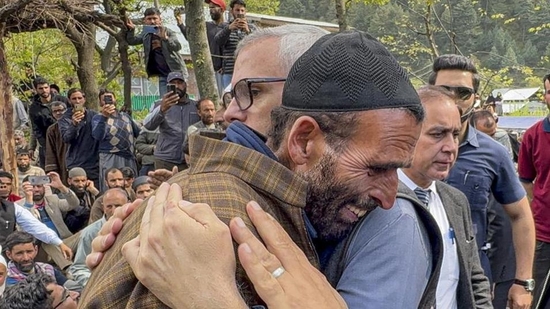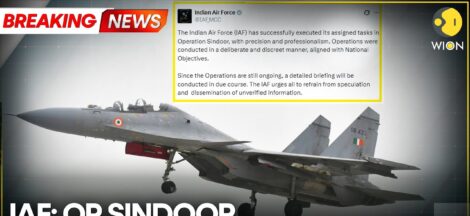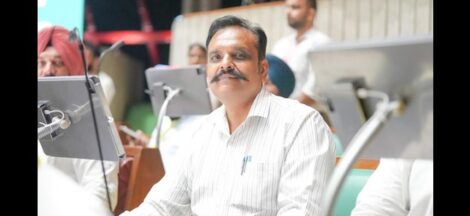Jammu and Kashmir Chief Minister Omar Abdullah has asserted that two men recently arrested by the National Investigation Agency for assisting the perpetrators of the Pahalgam attack were coerced and that local residents played no voluntary part in the massacre carried out on 22 April. The attack claimed 26 lives, mostly tourists in Baisaran Valley, triggering nationwide outrage.
Speaking from Gulmarg, Abdullah stressed that the assailants were foreign nationals, pointing to evidence gathered by the NIA indicating the gunmen were Pakistani and affiliated with Lashkar‑e‑Taiba. “There was no local involvement in the Pahalgam attack… The attackers were outsiders,” he said, emphasising that any help the two men provided was likely under duress.
The men—identified as Parvaiz Ahmad Jothar and Bashir Ahmad Jothar, both Pahalgam residents—were arrested under suspicion of harbouring three armed militants at a seasonal hut in Hill Park, supplying them with food, shelter and logistical aid. Court-mandated remand for interrogation has been extended until 27 June.
NIA officials confirmed that both accused acknowledged the attackers were LeT operatives from Pakistan. Investigators are now cross-verifying eyewitness testimonies, CCTV footage, forensic data and other technical material. A senior NIA official stated that evidence was being analysed “with the highest standards of professionalism,” and that identities and further details would be released when the investigation reaches appropriate clarity.
Omar Abdullah cautioned against drawing premature conclusions. He stated, “They provided food and other things, but they were forced to do that,” urging patience as the probe proceeds.
The Pahalgam attack, described as the bloodiest civilian assault in India since 2008, saw five armed militants ambush tourists, firing selectively based on religious identity. The incident triggered national security responses, including India’s military strikes on terror camps under “Operation Sindoor” on 7 May. That operation reportedly eliminated some 70 militants, drawing criticism from Pakistan, which accused India of disproportionate retaliation.
Omar Abdullah, while praising the measured nature of India’s response, reiterated the need to safeguard civilians amid heightened military activity. He and former CM Mehbooba Mufti have urged that innocent lives must not be jeopardised in subsequent counter-terror operations.
Analysts note the CM’s insistence on emphasising coercion and lack of local complicity may aim to shield Kashmiri sentiment from being stigmatised and to prevent communal backlash. Abdullah has, in parallel, backed central efforts to restore normalcy, urging improved connectivity and development in the region—a stance that aligns with ongoing infrastructure investments recently approved by the central government.
Meanwhile, law enforcement is intensifying efforts to locate the primary suspects. A substantial reward has been announced for information leading to their capture. Security forces, including police and paramilitaries, are conducting cordons through densely forested terrain around Pahalgam, even as the annual Amarnath pilgrimage approaches on 3 July.
The NIA has signalled it aims to file a chargesheet once evidence is consolidated. The investigation remains active, with further interrogations planned throughout the extended remand period.




 MPs Step Up Pressure on Judicial Conduct Oversight
MPs Step Up Pressure on Judicial Conduct Oversight 